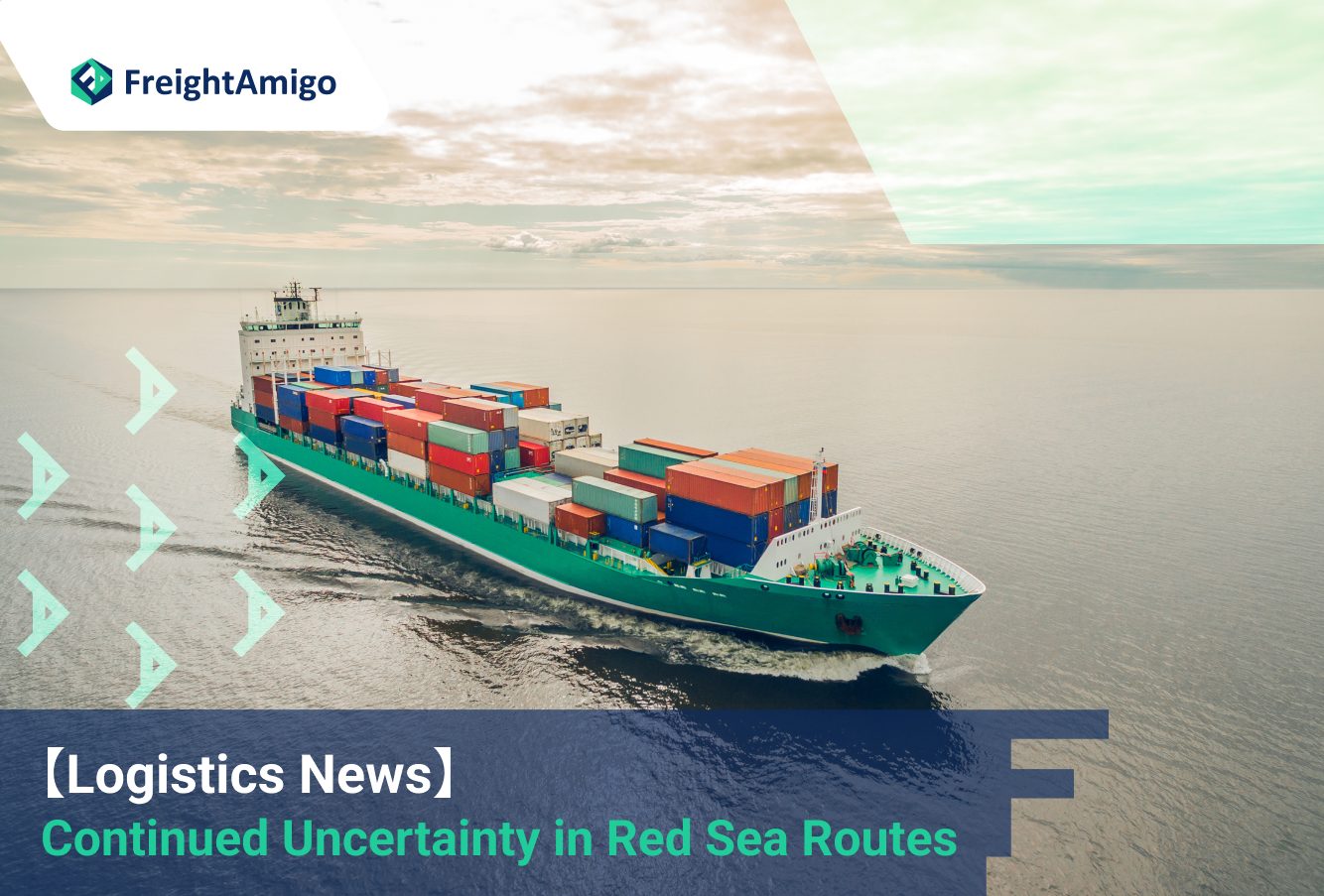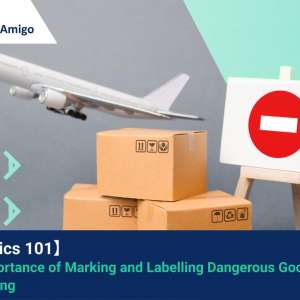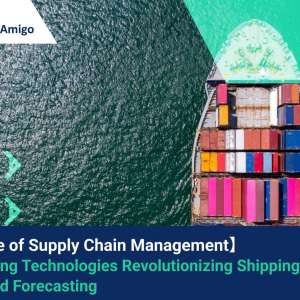January 8th, 2024: Maya Wong – Marketing Analyst at FreightAmigo
Following attacks on the MSC United VIII and Maersk Hangzhou in late December 2023 — the latest in a series of incidents threatening maritime safety in the Red Sea routes — senior United Nations officials told the Security Council of the imperative to safeguard global supply chains and avoid exacerbating regional tensions.
Arsenio Dominguez, Secretary-General of the International Maritime Organization (IMO), underlined the importance of ensuring the safety of seafarers, the freedom of navigation, and the stability of supply chains. The shipping lane through the Red Sea routes accounts for 15% of global trade, and approximately 18 shipping companies have already decided to reroute their vessels around South Africa to reduce risks. He noted that this requires 10 additional days of travel, resulting in higher freight rates and a negative impact on trade.
Diverting vessels around the Cape of Good Hope is a necessary step in the interest of safety, but it has ultimately brought about increased costs for carriers.
Carriers are implementing a Contingency Adjustment Charge (CAC), ranging between USD 150 to 2000 by related routes which is affecting traders; The disruption in the Red Sea has started affecting shippers from India to North Europe with the French liner CMA-CGM more than tripled Freight All Kinds (rates applicable to all types of goods) from December 25th, 2023. The FAK has been increased to $4,750 per TEU (twenty-foot equivalent unit) against $1,000 two months ago.
For a better supply chain plan, it is recommended to plan extra lead time and costs for your global supply procurement. Several key factors we see from the market – building higher visibility and tightening up the relationship with your trade and supply chain stakeholders help to unlock more opportunities. Talk to FreightAmigo to see how we can help with your needs.
===
Read More:
【Import and Export Insights for 2024】 Exploring New Opportunities in Emerging Markets
【Ecommerce Forecast 2024】 A Global Perspective
===
If you have any inquiries on logistics/supply chain, feel free to contact FreightAmigo now:
Chat with us online OR
Phone : +852 28121686
WhatsApp: +852 27467829





































